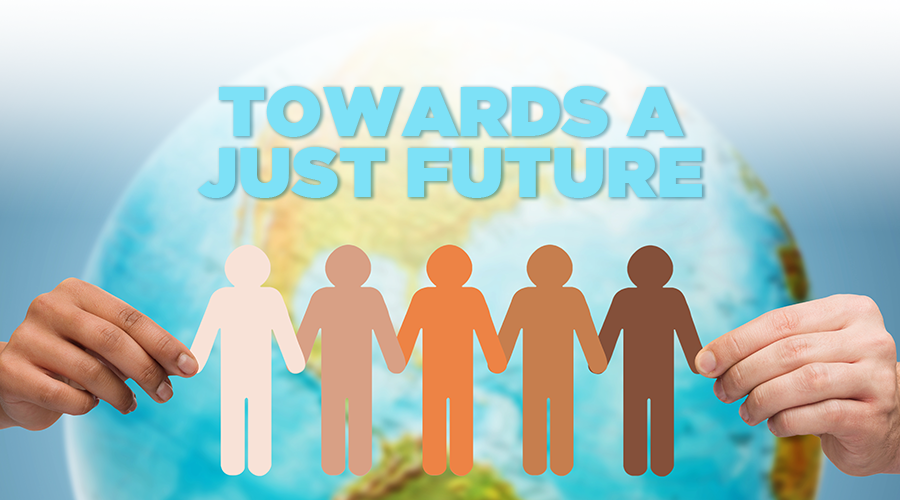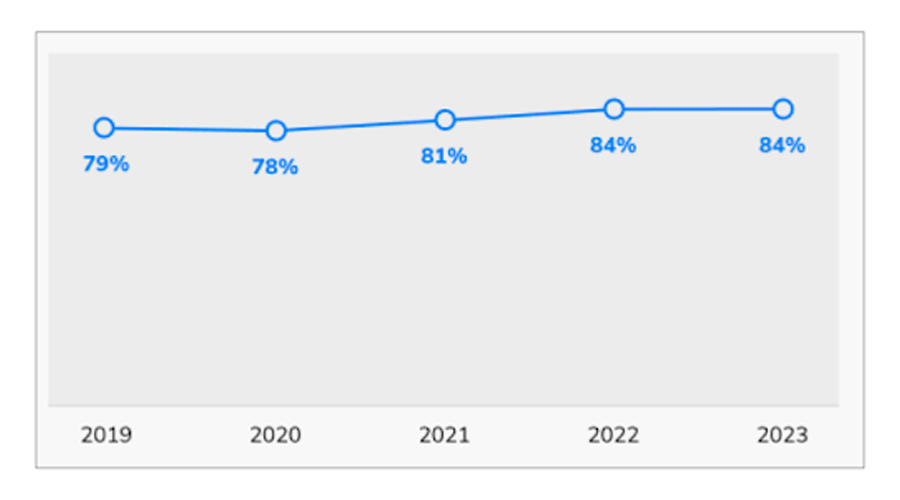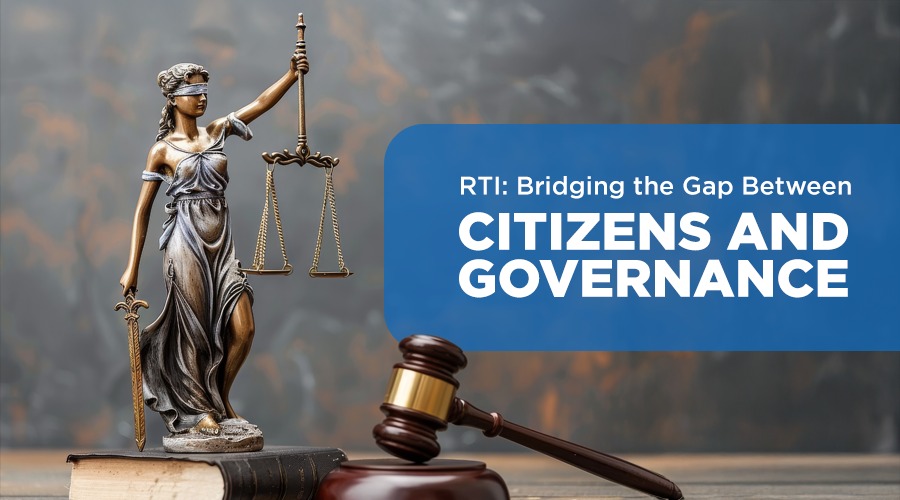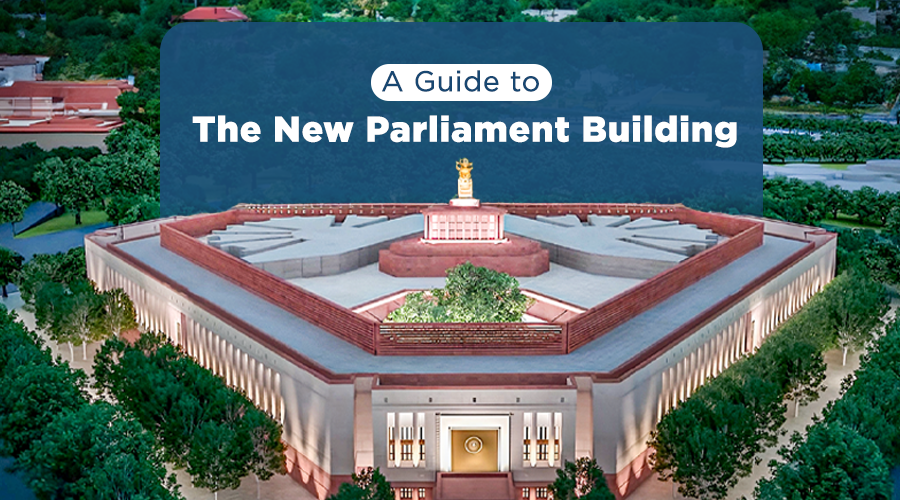“As I Would Not Be a Slave, so I Would Not be a Master. This Expresses my Idea of Democracy. Whatever differs from this, to the extent of the difference, is not democracy.” – Abraham Lincoln
This quote embodies the essence of democracy, a system of governance that champions the inherent dignity and equality of every citizen. The roots of democracy are known to originate from the ancient world, in places like Athens and ancient India. Democracy is a form of government where power is vested in the people, who exercise it directly or through elected representatives.
As defined by the United Nations, democracy is a universally recognized ideal, based on values shared by people, irrespective of their cultural, political, social, and economic differences. It is a system where the freely expressed will of the people determines their political, economic, social, and cultural systems. Democracy is seen as a form of government that is a universal benchmark for human rights protection, providing an environment for the protection and effective realization of human rights.
In this context, an important question arises. What can Democracy achieve which no other form of governance can? The answer is Sustainability and Equity. Democracy, Sustainability, and Equity are deeply intertwined concepts, each influencing the other in significant ways. Democracy, characterized by citizen participation, transparency, and accountability, is crucial for achieving sustainability and equity. It provides a platform for deliberations and negotiations required for achieving sustainable development.
Intertwining Connection between Sustainability and Democracy
Sustainability is an essential outcome of a fair democracy. The checks and balances inherent in a democracy prevent excessive abuse of power and arbitrary oppression while guaranteeing rights and entitlements to citizens. This can lead to policy innovation and a more sustainable society. Democracy also fosters citizen engagement, leading to decisions that reflect the will of the people, thereby contributing to sustainability. Transparency and accountability, other key elements of democracy, ensure that decision-makers are held accountable for their actions, leading to more responsible and sustainable decisions.
Citizen Engagement: Citizen engagement plays a critical role in making public institutions more transparent, accountable, and effective. It contributes innovative solutions to complex development challenges such as climate change, health emergencies, and growing inequality that sustains a society. Engaged citizens can help in policy-making and collective action that is more meaningful and impactful. Citizen engagement is especially important in the face of crises like the climate emergency, as the effectiveness of response efforts can often hinge on behavior change at the community or individual level.
Transparency & Accountability: Transparency and accountability are crucial concepts in reducing opportunities for corruption and strengthening internal and external monitoring mechanisms. They are crucial elements of sustainable practices that need to be included in aid planning, implementation, and evaluation of governance.
Policy Innovation: Policy innovation is crucial for tackling complex development challenges. Engagement with citizens can lead to the development of innovative policies that address these challenges effectively. However, it’s important to understand and address the obstacles to effective engagement to ensure that policy innovations are meaningful and impactful.
Intertwining Connection between Equity and Democracy
Democracy also plays a significant role in promoting equity. It ensures inclusive decision-making, where all citizens have an equal say in matters that affect them. This inclusivity reduces power concentration and helps protect human rights, leading to a more equitable society unitar.org. By guaranteeing civil rights and political freedoms, democracy enables participation in public debates and discussions, allowing criticism, which in turn is important for understanding and conceptualizing economic needs, and the eventual response to meet such needs.
Ensuring Inclusive Decision: Inclusive decision-making is a key principle of democracy. It ensures that all citizens have the opportunity to participate and have a voice in how they will be governed. This can be achieved by promoting free, transparent, and fair political competition so that citizens’ preferences are represented.
Protecting Human Rights: Protecting human rights is essential to ensure equity and democracy. This involves preventing human rights abuses, protecting human rights defenders, and responding to human rights abuses. It also involves supporting efforts to hold institutions and individuals accountable to the rule of law.
Reducing Power Concentration: Reducing power concentration is important for promoting equity and democracy. This can be achieved by building open, responsive, and accountable institutions and processes that serve the needs and preferences of the public. It also involves strengthening justice and security institutions, justice and security reforms, and providing access to justice mechanisms.
Democracy in Ancient India
The significance of Democracy in fostering sustainable development and an equitable world transcends time and borders. Its recognition extended far beyond the ancient thinkers of Greece; Ancient Indians too embraced the concept of Democracy as evidenced by ancient Indian scriptures. This itself proves that Democracy has consistently stood as a bedrock solution to a multitude of human challenges throughout history.
Ancient India had its own tradition of democratic republics more than 2,500 years ago, known as ‘Gana Rajya’ or ‘Gana Sangha’. This democratic rule is visible from the early Vedic period, with references in Hindu texts like the Rig Veda, Mahabharata, and the Dharmasastras, and later Buddhist and Jain religious literature.
During the ‘Second Urbanization’ in North India, around 600 BCE, a number of city-states, republics, and monarchies came into existence. The most powerful republic during the time of Buddha was the Licchavi republic and Vajji Union, which had its Assembly and elected officials like a President, Vice-President, Defence-Chief, and Treasurer. These assemblies functioned in a way that is similar to modern democracies, with members of the Assembly voting via ballots. The society in these republics was divided into two classes – citizens of the tribe who had voting rights, and landless laborers who did not have voting rights. These city-states in ancient India survived until the invasion of Alexander of Macedonia in 325 CE.
Contemporary Greek historian Arrian of Nicomedia wrote about the democratic form of government in the city of ‘Nyasa’ in the Gandhara region of today’s Pakistan. He mentioned that the ‘President’ of the city along with his 30 deputies met Alexander to discuss the terms of surrender. The Mahabharata, which evolved around the 5th century CE, provides a rich source of information on life and politics in ancient times. The text refers to republican states known as ‘Gana-Sanghas’ that were known for their successful foreign policies, full treasury, standing army, skills in wars, good laws, and discipline. [1]
It’s also important to note that the development of democratic institutions was not isolated to India or Greece but evolved independently in several parts of the world. As per David Stasavage, Dean for the social sciences at New York University, early democracy was so common in all regions of the globe that it should be seen as a naturally occurring condition in human societies. [2]
The Global Faith in Democracy
Over the last five years, global faith in democracy has remained consistently high. The graph shows the percentage of those who say that it is important to have democracy in their country.
Source: Democracy Perception Index
Despite challenges, the global faith in democracy remains strong. Democracies are seen as more stable and less risky for citizens and investors alike. Democracies are known to perform a safety-net function in that they guarantee avoidance of the worst possible economic outcomes. They can deliver a better standard of living by committing to policies of inclusive growth that tackle economic inequality and improve well-being and opportunity across all demographic lines. As per Democracy Perception Index, 2023, in terms of desire for more democracy, 41% on average believe that there is not enough democracy in their country. In 15 countries, a majority believes so, with almost 75% in Iran, Venezuela and Nigeria, proving the growing need of democratic policies in the world. [3]
Last But not the Least
In the face of the complex, interrelated challenges the world faces today, upholding democratic values is more than a moral imperative—it is a practical necessity for building a sustainable and equitable world. Democratic systems, characterized by citizen participation, transparency, and accountability, foster the inclusive decision-making that is necessary to address issues of sustainability and equity. They enable the creation of policies that consider the diverse needs and perspectives of all citizens, thereby promoting social cohesion and resilience.
Democracy provides a platform for the negotiation and implementation of sustainable practices, ensuring resources are utilized responsibly for the benefit of current and future generations. The path to building a sustainable and equitable world goes hand in hand with the strengthening of democratic systems. As we face the challenges of the 21st century, it is crucial that we reaffirm our commitment to democratic values, recognizing that they provide the foundation for the just, inclusive, and sustainable world we strive to create.







